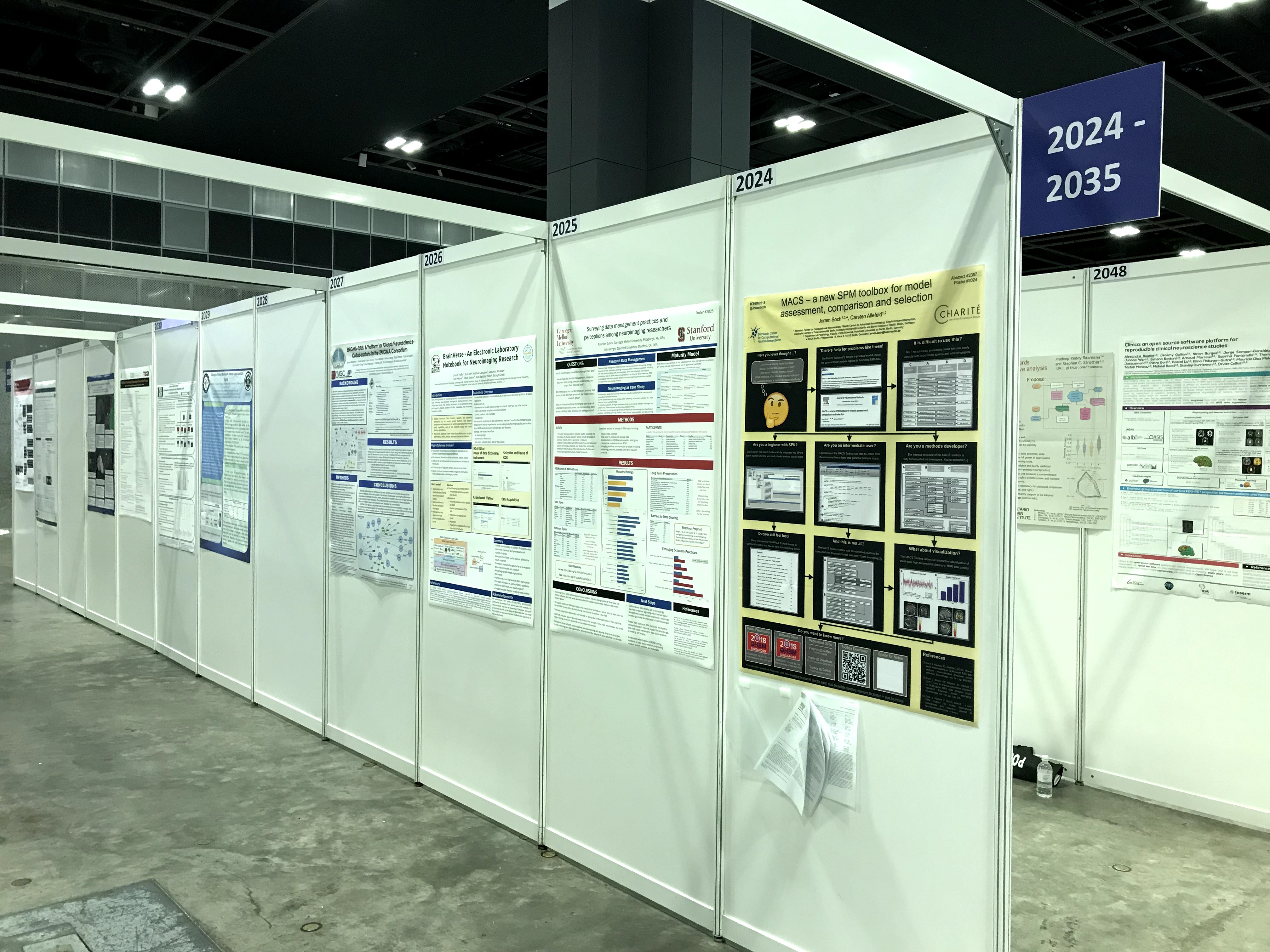
Folks, we're right in the thick of the semester. How is everyone doing so far? Are you staying hydrated and getting enough sleep?
Let's do a quick exercise together:
![]() As you are reading this, are you clenching your jaw? If so, unclench it!
As you are reading this, are you clenching your jaw? If so, unclench it!
![]() Are you tensing your shoulders? Try to relax them!
Are you tensing your shoulders? Try to relax them!
Also, did you know CMU offers a free subscription to Headspace, a mindfulness and meditation app? If this isn't your thing but you are still feeling overwhelmed, come talk to us at CMU Libraries. We have an incredible group of people who can help you learn how to conduct efficient literature reviews, develop study skills in your discipline, and help you create a plan to collect and analyze data for your projects. We're here for you! ![]()
In past issues of Tartan Datascapes, I've mentioned (or, perhaps, maybe a better phrase is 'screamed from the rooftops') that data can take several forms, and extend significantly beyond numbers in a spreadsheet. Data can be a collection of books, a box of photographs, and in the case of our researcher highlight this week, responses from surveys! In this week's issue of Tartan Datascapes, I'm thrilled to feature Dr. Ana Van Gulick, Senior Librarian, Research Liaison to Brain Sciences and Psychology, and Program Director for Open Science. Ana has a PhD in Cognitive Psychology from Vanderbilt University, and has been with CMU Libraries since 2014. Besides being our resident expert on the science of immaculate cake baking, she's also engaging in some fascinating research on the data management and open science practices of the neuroscience community. With collaborator Dr. John Borghi, a librarian at Stanford's Lane Medical Library with a PhD in Cognitive Neuroscience, they first conducted this survey-based research in a subset of the neuroscience community looking at the practices of researchers using MRI methods (click here to read the article for free thanks to open access!).
What are some of the topic areas Ana and John surveyed in this subset of the neuroscience community conducting MRI research? Using Qualtrics, they endeavored to understand research practices with data and collaboration during multiple phases of a project, from design, data collection, data analysis, to publishing. Ensuring to also understand the perceptions towards and adoption of open science practices, they also surveyed interest in open access journals, preprints, preregistration, data sharing, and data reuse. This led to a rich dataset consisting of responses from primarily multiple choice or checkbox questions that are self-reports of research practices, with some numerical data on ratings scales from 1-5. They also collected non-identifying demographic data about their participant population.
Are you working on a project with surveys and wondering how to effectively manage the data? Ana and her collaborator embark on data management with open science in mind:
"We store raw data in Box folders as per our IRB protocol with copies at both CMU and Stanford. For other research materials such as survey design, notes, manuscripts, and posters we use a Google Drive folder that's easier for collaborative writing. We have a private GitHub repo for our data analysis and figure creation, which are done in Python in a Jupyter Notebook that is uploaded to GitHub. For our MRI study, the survey instrument and data are available in KiltHub. We also shared a preprint on BioRxiv before the peer-reviewed paper was published in PLOS ONE."
Speaking as a Research Data Management Consultant, I was thrilled to see such amazing data management and reproducibility considerations in Ana and John's work! Taking steps now to manage your data and document your steps can ensure your data and broader research will extend considerably past the project's end date through further collaborations, data reuse by other researchers, and a variety of other use cases. Data management is not only research self-care, but it's also community-care! One thing I'd like to highlight here is KiltHub, our comprehensive institutional repository and research collaboration platform for research data and scholarly outputs produced by members of CMU and their collaborators. Powered by figshare, it provides an excellent venue for your research outputs and helps preserve your legacy as a CMU researcher! In KiltHub, you can see Ana and John's open survey data here, and their survey instruments here.
What's next for Ana? She and John have adapted their survey tool to similarly investigate the practices of another group of researchers: psychologists. They plan on following a similar data management scheme as their MRI study, also making the Jupyter Notebook with their analyses public. In the future, they also hope to revisit the MRI community to benchmark changes across time and to continue to understand the data management practices of sub-disciplines including within biomedical sciences. Below, you can see a photo of Ana's poster (#2025) on MRI research practices she presented at the Organization for Human Brain Mapping's Annual Meeting in Singapore in July 2018. Look at all this beautiful research in one place!

What are three takeaways from this researcher highlight?
1. Surveys are an excellent way to learn more about a special population and their perceptions towards a certain practice or group of practices!
2. Using tools and platforms like GitHub, Jupyter Notebook, Google Drive, and KiltHub can help ensure your research has a strong impact, is reproducible, and citable (because who doesn't want more citations?!).
3. Open science goes hand in hand with research data management! Managing your data throughout the entire research process not only benefits yourself as the researcher, but it also benefits those who may use your research in the future as a guide for conducting similar studies or exploring unique topics deriving from your research. I read a fascinating Medium article titled "Kindness, Culture, and Caring: The Open Science Way" which frames open science as "random acts of kindness" in a research context. Open science is community care!
Important Happenings in Research Data Management at CMU Libraries:
We have a very exciting lineup of free workshops coming up at CMU Libraries (click here to see our full list of workshops for the remainder of the semester), many of which can help you learn new tips and tricks for data collection, analysis, and management. Here's a few that have a particular Tartan Datascapes-flavor:
![]() Wrangling Data in ArcGIS Online, Thursday, October 10th from 6 - 7pm in the Sorrells Library Den (click here to register!)
Wrangling Data in ArcGIS Online, Thursday, October 10th from 6 - 7pm in the Sorrells Library Den (click here to register!)
![]() Getting Started with the KiltHub Repository, Thursday, October 17th from 12:30 - 2:30 pm in the Sorrells Library Den (click here to register!)
Getting Started with the KiltHub Repository, Thursday, October 17th from 12:30 - 2:30 pm in the Sorrells Library Den (click here to register!)
![]() All About Spatial Data, Thursday, October 17th from 6 - 7pm in the Sorrells Library Den (click here to register!)
All About Spatial Data, Thursday, October 17th from 6 - 7pm in the Sorrells Library Den (click here to register!)
![]() Publishing Your Research Openly at CMU, Thursday, October 24th from 10:00am - 12:00pm in the Sorrells Library Den (click here to register!)
Publishing Your Research Openly at CMU, Thursday, October 24th from 10:00am - 12:00pm in the Sorrells Library Den (click here to register!)
I'd also like to highlight an upcoming Software Carpentry 2-day workshop - Intro to Shell, Git, and Python, hosted by the CMU Libraries. You will learn practical skills in Shell, Git, and Python in a supportive, open environment. Click here to register! These fill up quick, so reserve your spot now. I'll be one of the helpers, which means if you encounter technical issues while going through the workshop, I'll be there to help get you back on track!
And of course, please email me at hgunderm@andrew.cmu.edu if you'd like some help on your journey as a researcher/scholar/awesome human being here at CMU. Remember, we all use data, regardless of our discipline. If you think something might be data, you are likely correct and I can help you develop good habits for managing it! If you'd like to have your research data featured on Tartan Datascapes, please fill out this Google Form to get in touch!
